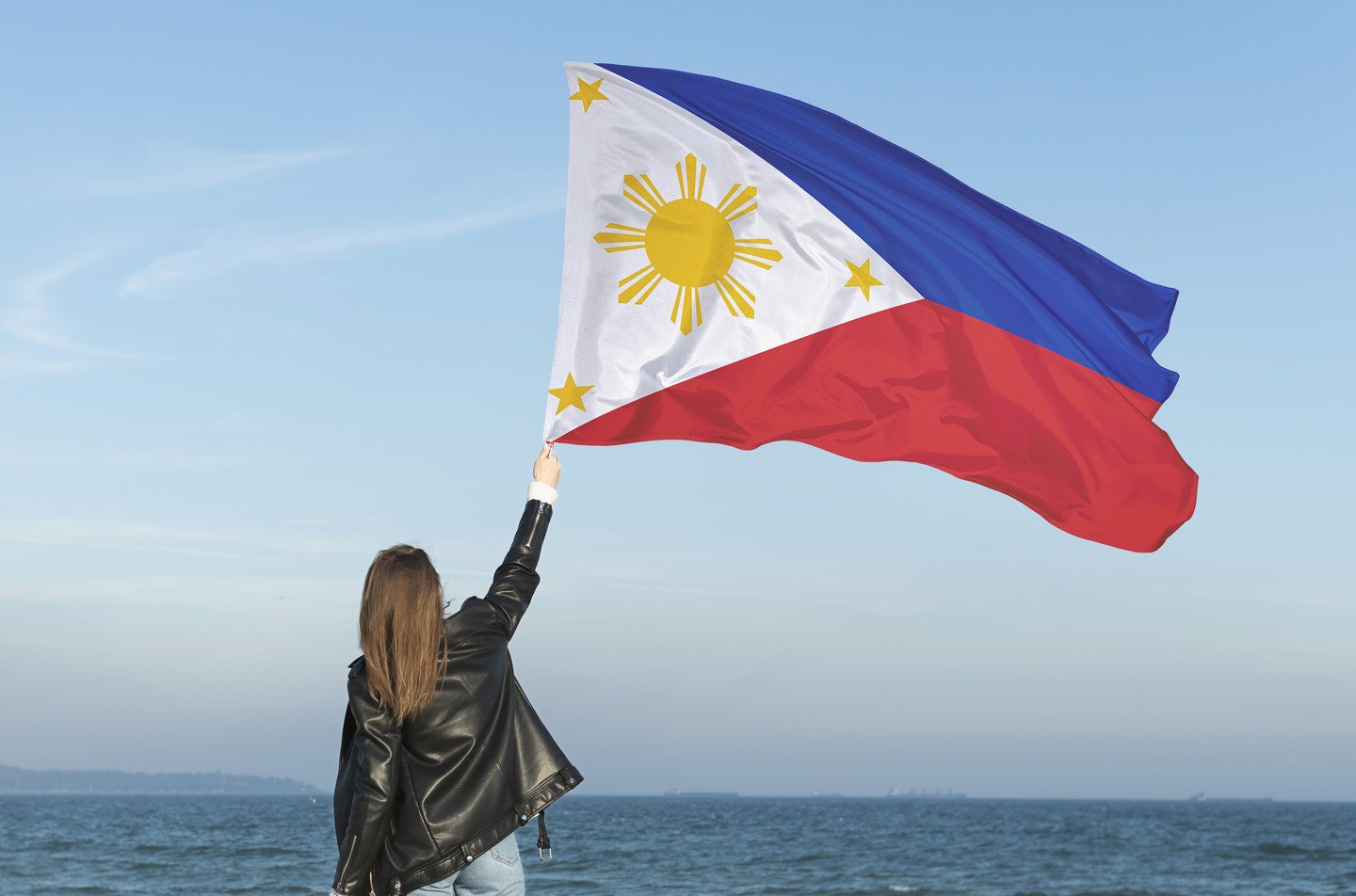Books and Movies About the Philippines’ National Heroes
The rich tapestry of Philippine history is woven with the stories of its national heroes—men and women who stood tall in the face of adversity and fought for the nation’s freedom and dignity.
These Filipino heroes, such as Jose Rizal, Andres Bonifacio, and General Emilio Aguinaldo and Antonio Luna, played pivotal roles in the struggle against the colonizers from Spanish colonial government, then later on, American colonizers during the Philippine-American War. Our Filipino heroes are not only hailed in the country but have also received recognition from around the world.
Their courage, sacrifice, and unwavering commitment to the country’s sovereignty continue to inspire generations of Filipinos. From the brutal era of Spanish rule to the tumultuous times of Martial Law, these heroes’ actions have shaped the nation’s destiny.
As we remember and honor these national heroes, we delve into the books and movies that capture their lives, struggles, and triumphs. Whether it’s through history textbooks or the gripping narrative of a historical movie like “Heneral Luna,” starring John Arcilla, or “Ang Batang Heneral,” these works offer a powerful glimpse into the lives of the country’s most revered figures.
Through these narratives, which often include the true stories of figures like Rizal’s execution and the life of Gregoria de Jesus, we not only gain a deeper understanding of our past but also ignite a sense of patriotism in our hearts.
In this blog, we explore some of the most notable books and historical movies about the Philippines’ national heroes to read or watch with your friend. From the insightful “Bayani Biographies” series to compelling films like “Heneral Luna,” these works are more than just entertainment; they are a tribute to the resilience and heroism of the Filipinos.
Let’s take a journey through literature and cinema as we pay homage to the heroes who shaped the nation, preserved by the efforts of institutions like the National Historical Commission.
National Heroes in Literature
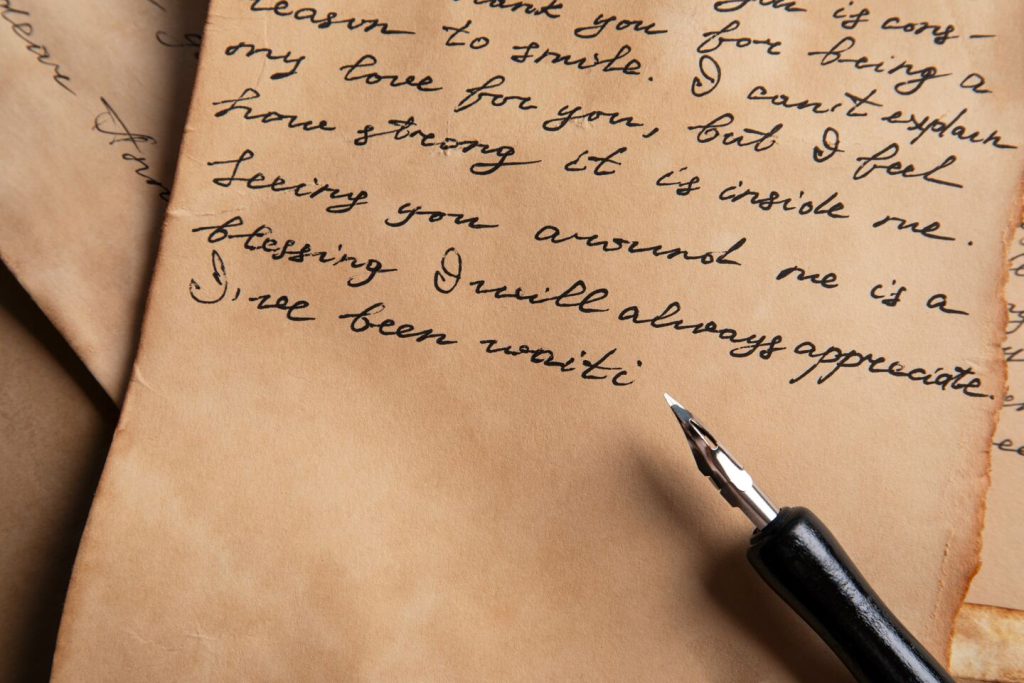
Philippine literature provides a rich tapestry of stories about the nation’s most revered heroes. Through books and biographies, readers gain profound insights into the lives of these influential figures who played pivotal roles in the struggle for independence and the shaping of Philippine history.
From the impassioned accounts of Andres Bonifacio and José Rizal to the reflective writings of Apolinario Mabini, these works delve into the complexities of their personal journeys and political struggles.
By exploring these literary portrayals, we uncover the deeper layers of their sacrifices and contributions, enriching our understanding of the nation’s path to freedom and honor.
Bayani Biographies: Andres Bonifacio by John Ray Ramos and Xiao Chua
Bonifacio, often hailed as the “Father of the Philippine Revolution,” played a pivotal role in the fight for independence against Spanish colonial rule. In the book “Bayani Biographies: Andres Bonifacio,” authors John Ray Ramos and Xiao Chua paint a vivid portrait of this enigmatic leader.
The book delves into Bonifacio’s early life in Manila, his involvement in the revolutionary movement, and his eventual martyrdom.
It sheds light on his vision for a free Philippines and his unwavering belief in the power of the people. Through meticulous research and engaging storytelling, Ramos and Chua bring to life the heroism and humanity of Bonifacio, offering readers a deeper appreciation of his contributions to Philippine history and culture.
The book captures the journey of a man who became a symbol of resistance and an inspiration for the nation.
La Revolucion Filipina (The Philippine Revolution) by Apolinario Mabini
Apolinario Mabini, known as the “Sublime Paralytic,” was a key figure in the Philippine Revolution and the First Philippine Republic. His book, “La Revolucion Filipina,” is a critical account of the revolution and the events that followed.
Mabini’s writings offer a comprehensive overview of the struggle for independence, the political challenges faced by the revolutionary government, and the betrayal of the Filipino people by those in power.
His sharp intellect and profound insights provide readers with a unique perspective on the revolution and its aftermath, highlighting the complexities of the nation’s fight for freedom.
“La Revolucion Filipina” is not just a historical document; it is a reflection on the ideals and principles that should guide the nation, making it an essential read for those interested in understanding the deeper political and cultural aspects of the period.
Rizal Without the Overcoat by Ambeth Ocampo
In “Rizal Without the Overcoat,” renowned historian Ambeth Ocampo offers a fresh and engaging perspective on the life of Jose Rizal, the Philippines’ national hero.
This collection of essays delves into the lesser-known aspects of Rizal’s life, stripping away the mythologized image of the hero and revealing the man behind the legend. Ocampo’s approachable writing style makes Rizal more relatable and human, providing insights into his thoughts, relationships, and daily life.
The book is a valuable resource for anyone looking to understand Rizal beyond his celebrated works and martyrdom. It explores his time in Europe, his friendships, and his writings, offering a nuanced view of his contributions to Philippine society and culture. Through these essays, readers gain a deeper understanding of the multifaceted life of Rizal, who inspired a nation to dream of independence and justice.
Bayani Biographies: Jose Rizal by John Ray Ramos
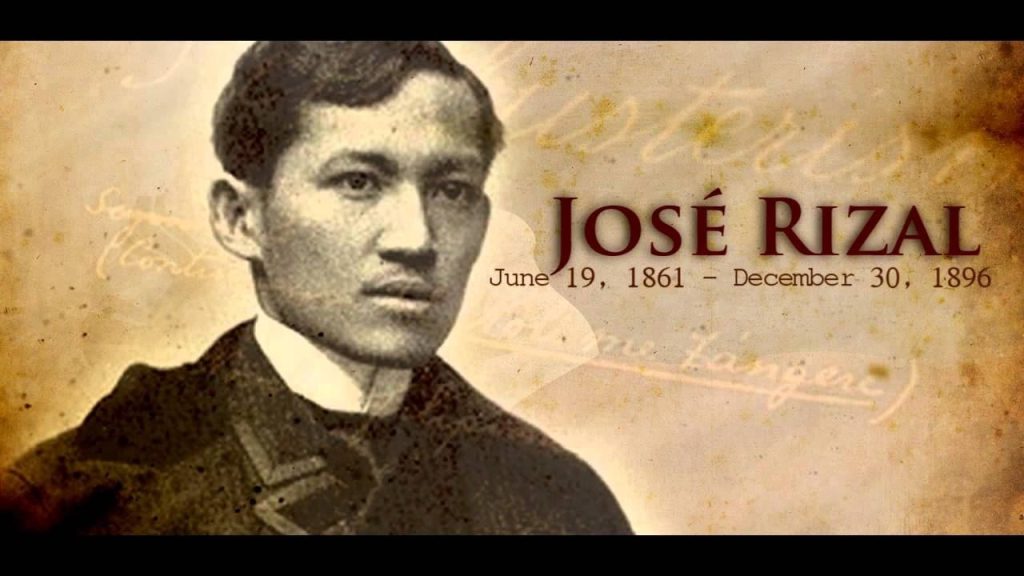
Dr. Jose Rizal, the national hero of the Philippines, is a towering figure in the country’s history. His writings and actions inspired the Filipino to rise against colonial oppression, making him a central figure in the nation’s quest for independence.
In “Bayani Biographies: Jose Rizal,” John Ray Ramos explores the life and legacy of this remarkable man. The book covers Jose Rizal’s formative years, his studies in Europe, his literary works, and his involvement in the Propaganda Movement.
It also delves into the events leading up to his execution in December 1896, which sparked a national awakening. Ramos presents Rizal not only as a hero but also as a thinker, writer, and visionary who dreamed of a Philippines free from tyranny and injustice.
The story provides a comprehensive look at Jose Rizal’s life and the cultural and political impact of his works, making it an essential read for those who wish to understand the historical and cultural significance of this iconic figure.
National Heroes in Film
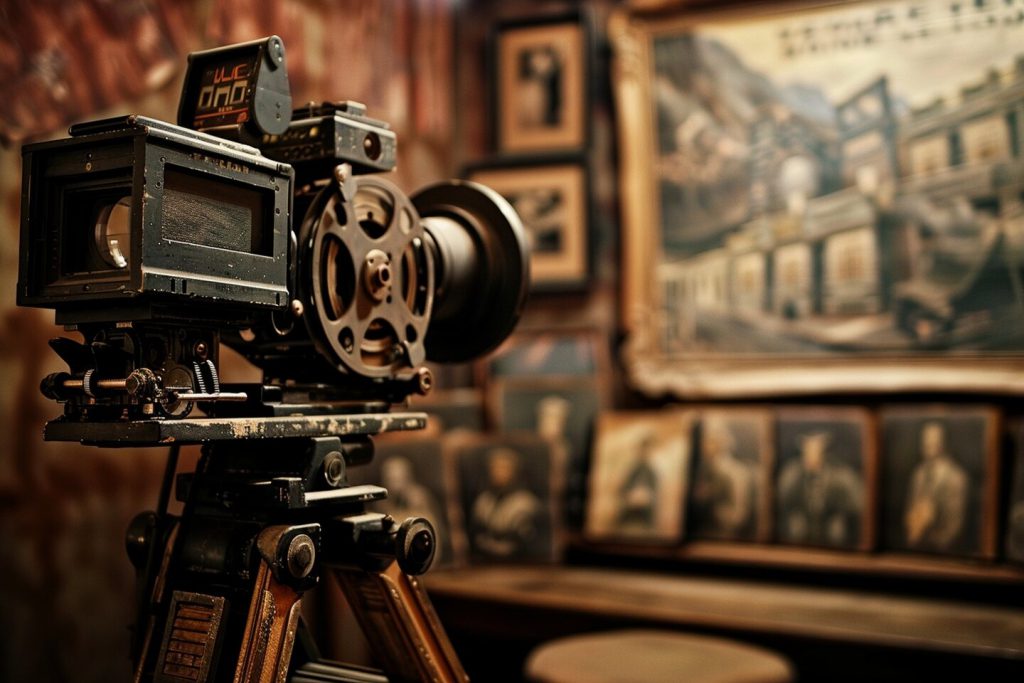
The stories of the Philippines’ national heroes have captivated audiences through the lens of cinema, bringing historical figures to life with compelling narratives and dynamic performances in a film. Historical movies such as “Heneral Luna,” and “Bonifacio: Ang Unang Pangulo” dramatize the courageous and tumultuous journeys of these iconic leaders, offering a visual and emotional exploration of their sacrifices and struggles.
Through powerful storytelling and cinematic artistry, these movies not only entertain but also educate viewers about the complexities of the country’s fight for independence, fostering a deeper connection to the heroes who shaped the nation’s history.
Heneral Luna (2015)
Directed by Jerrold Tarog, “Heneral Luna” is a critically acclaimed film that chronicles the life of General Antonio Luna, one of the fiercest generals in the Philippine Revolutionary Army. The film tells the true story of Luna’s unwavering dedication to the cause of independence, portraying him as a passionate and uncompromising leader who fiercely defended the fledgling Philippine Republic against American colonization.
With sharp dialogue, intense battle scenes, and a powerful performance by John Arcilla in the titular role, this movie provides a gripping portrayal of the internal and external conflicts that plagued the revolutionary government.
Through non-linear flashbacks, the story explores Luna’s brilliance, temper, and the complexities of his character, offering the audience a deeper appreciation of the man behind the myth. This movie not only captures the historical struggles but also inspires Filipino pride and reflection on the sacrifices made for freedom.
Ang Paglilitis ni Andres Bonifacio (2010)
“Ang Paglilitis ni Andres Bonifacio” (The Trial of Andres Bonifacio) is a historical movie directed by Mario O’Hara. The film focuses on the trial and execution of Andres Bonifacio, the revolutionary leader often overshadowed by political rivalries. The story of the film, featuring Alfred Vargas as Bonifacio, delves into the political intrigues and power struggles within the revolutionary movement.
The film examines the circumstances leading to Bonifacio’s arrest and subsequent death, raising questions about justice, loyalty, and the complexities of revolutionary leadership.
By portraying Bonifacio as a tragic figure caught in the machinations of rival factions, the movie offers a poignant and somber reflection on one of the most controversial episodes in Philippine history. The film narrative invites viewers to contemplate the cost of internal conflicts within the fight for independence.
Ganito Kami Noon, Paano Kayo Ngayon? (1976)
Directed by Eddie Romero, “Ganito Kami Noon, Paano Kayo Ngayon?” is a captivating period film that transports viewers to the twilight of Spanish colonization and the dawn of American rule in the Philippines. The film weaves historical reflection into a compelling narrative, shedding light on the nation’s struggle for independence.
Through the eyes of Nicolas “Kulas” Ocampo (played by Christopher de Leon), a young indio, we witness his journey from the countryside to Manila. Along the way, he encounters a priest, Padre Gil Corcuera, and becomes entangled with a traveling actors’ troupe led by Fortunato “Atong” Capili (Leopoldo Salcedo). Kulas falls in love with Matilde “Diding” Diaz (Gloria Diaz), a member of the troupe.
Dekada ’70 (2002)
A film directed by Chito S. Roño and based on Lualhati Bautista novel, “Dekada ’70” immerses us in the tumultuous years of martial law under Ferdinand Marcos. Set against the backdrop of political repression, the film revolves around the Bartolome family—a middle-class household navigating personal and societal challenges.
Amanda Bartolome (Vilma Santos) and Julián Sr. (Christopher de Leon) raise their five sons—Julian Jr., Isagani, Emmanuel, Jason, and Benjamin—amidst the tense political climate. Each son grapples with their own path: activism, writing exposés, or seeking opportunities abroad.
Bonifacio: Ang Unang Pangulo (2014)
The film “Bonifacio: Ang Unang Pangulo” (Bonifacio: The First President), directed by Enzo Williams, offers a dramatic portrayal of Andres Bonifacio’s life and his role in the Philippine Revolution. Robin Padilla stars as Bonifacio, capturing the fiery passion and revolutionary fervor of the Katipunan’s founder.
The film tells the story of Bonifacio’s leadership, his clashes with fellow revolutionaries, and his tragic end, presenting a narrative rich with historical detail and emotional depth. It also highlights the contributions of his wife, Gregoria de Jesus, to the revolutionary cause.
“Bonifacio: Ang Unang Pangulo” is more than a historical recount; it is a tribute to the bravery and sacrifices of those who fought for Philippine independence. The film’s powerful narrative and compelling performances offer a deeper understanding of Bonifacio’s legacy as one of the nation’s foremost heroes, honoring his role in the journey towards freedom.
The inclusion of contemporary stars like Daniel Padilla and Vilma Santos, alongside the portrayal of iconic figures like Piolo Pascual and Cesar Montano, enriches the film’s cultural resonance and appeal to a broad audience.
Preserving the Legacy of National Heroes
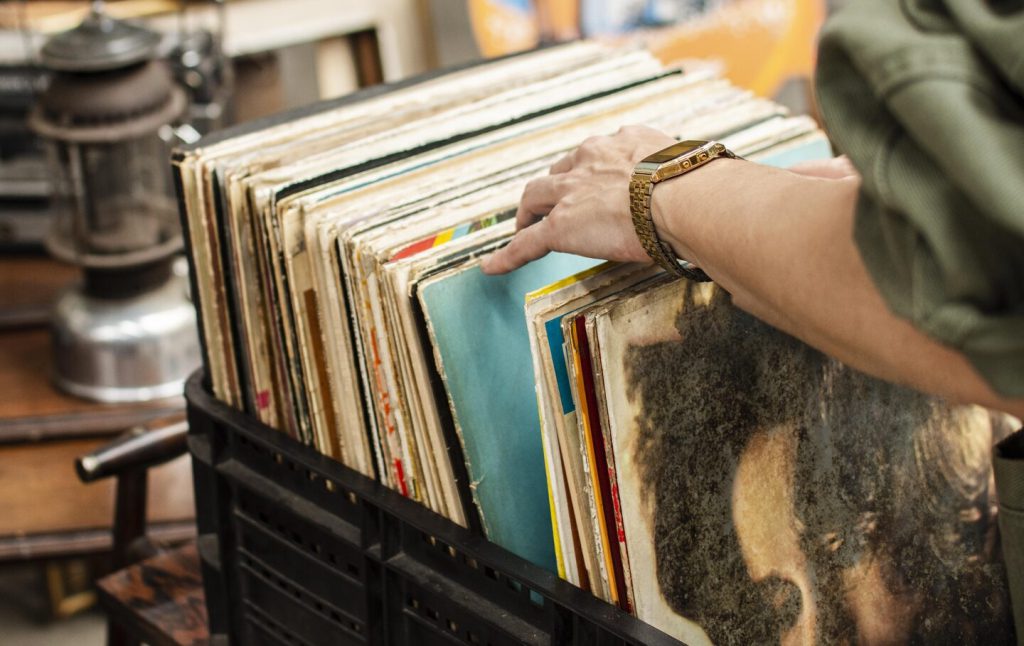
The stories of the Philippines’ national heroes are a testament to the enduring spirit of the Filipino. These books and films offer valuable insights into the lives of the country’s most revered figures, reminding us of their sacrifices and contributions to the nation’s history. As we remember and honor these heroes, it is essential to preserve their legacy for future generations.
One way to do this is through education and storytelling. Schools, museums, and cultural institutions play a crucial role in keeping the memory of these heroes alive. By incorporating their stories into the curriculum, organizing exhibitions, and hosting events, we can ensure that their contributions are not forgotten.
Additionally, supporting and promoting works of literature, story and cinema that celebrate national heroes can help keep their stories relevant and accessible to a wider audience.
In the digital age, technology offers new avenues for preserving and sharing the legacy of our heroes. Online platforms, social media, and virtual reality experiences can provide immersive and interactive ways for people to learn about the country’s history. These tools can make history come alive, engaging younger audiences and fostering a deeper connection to the nation’s past.
Ultimately, remembering and honoring the heroes of the Philippines is not just about looking back; it is also about inspiring future generations to embody the values and principles they stood for. By celebrating their lives and contributions, we keep the flame of patriotism burning bright, ensuring that the legacy of these heroes continues to inspire and uplift the Filipino.

